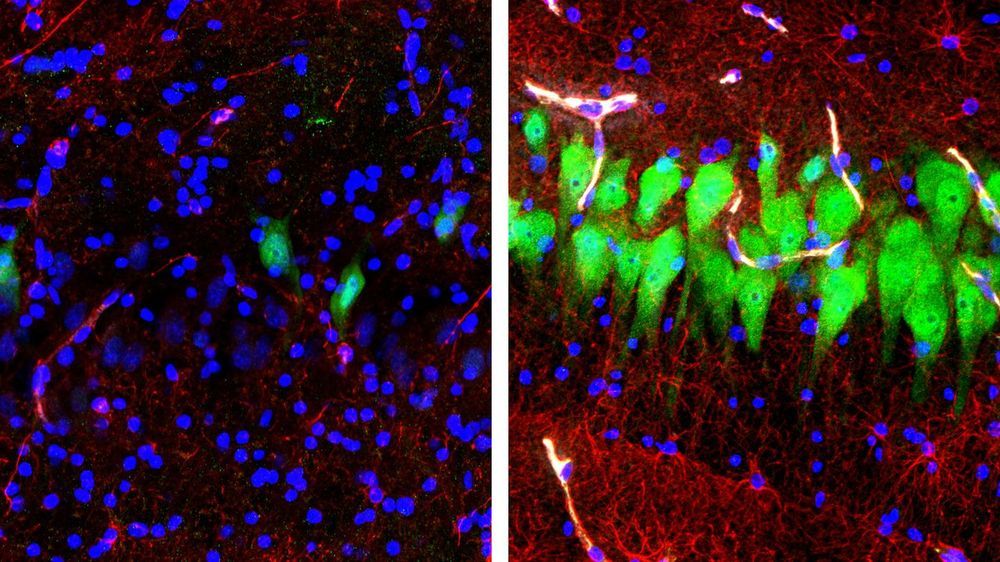A recent news topic that raised some eyebrows was the revelation that the human brain can literally reprogram itself. The brain is such a complex piece of hardware that there’s practically no way we’ll ever understand it without using a greater intelligence. This is one of the reasons why the emergence of artificial intelligence is so disruptive. Startups like Kernel are actually using AI to “read/write” long term memories directly from the brain. Amazing technological advances like these should adorn the front page of every news paper out there. Instead, we opt for mind-numbing “facts” like this:

As a nod to World Mental Health Day today, what we’d like to do is put together an exhaustive list of every single neurotech related company out there. To get this started, let’s turn towards an article published on the Crunchbase blog which lists 23 different neurotech companies (it’s actually 22 because one was an impostor). To that list, we then added 7 names from our own research. What we end up with is a list of 29 different neurotech companies (the companies we’ve already covered are linked to the relevant articles on this site below):








